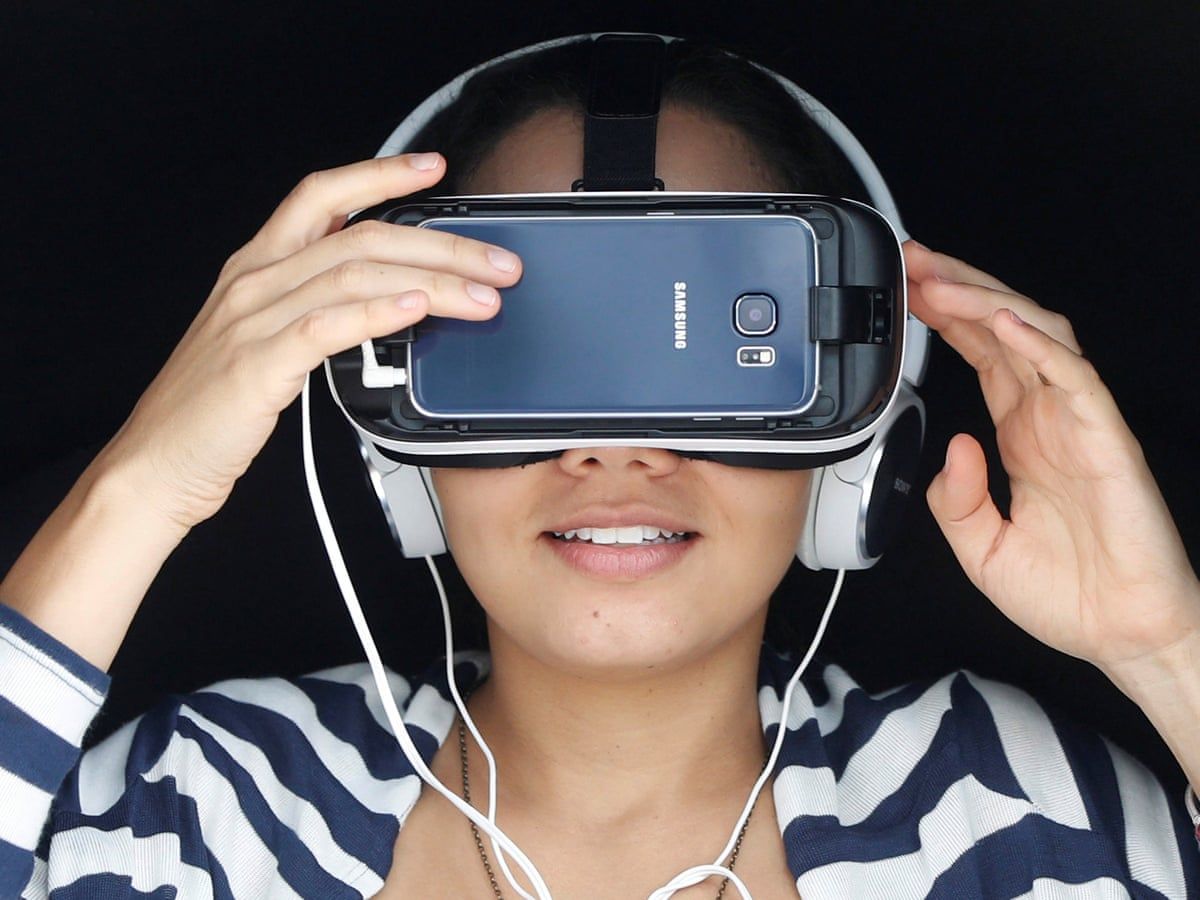In recent years, virtual reality (VR) technology has made significant advancements, revolutionizing the way we experience gaming and entertainment. VR headsets immerse users in a virtual world, allowing them to interact with their surroundings in ways never before possible. From gaming to education to healthcare, the possibilities for VR are endless. In this article, we will explore the benefits of virtual reality headsets for gaming and beyond.
Immersive Gaming Experience
One of the key benefits of virtual reality headsets is the immersive gaming experience they provide. With a VR headset, players are transported to a virtual world where they can fully engage with their surroundings. This heightened sense of immersion makes gaming more engaging and realistic, providing a truly unforgettable experience for players.
Whether you’re exploring a fantasy world, battling enemies in a first-person shooter, or racing against opponents in a virtual race track, VR headsets make the gaming experience come alive in a way that traditional gaming systems simply cannot match.
Increased Interaction
Another benefit of virtual reality headsets is the increased level of interaction they offer. With VR technology, users can physically move within the virtual world, interact with objects, and even communicate with other players in real time. This level of interactivity adds a new dimension to gaming, allowing players to feel more connected to the game world and other players.
Virtual reality headsets also offer new opportunities for multiplayer gaming, with players able to collaborate and compete in ways that were previously impossible. This social aspect of VR gaming can enhance the overall gaming experience and make it more enjoyable for players of all ages.
Educational and Training Applications
Virtual reality headsets are not just limited to gaming – they also have numerous applications in education and training. VR technology can be used to create realistic simulations for training purposes, allowing users to practice skills in a safe and controlled environment.
For example, medical students can use VR headsets to perform virtual surgeries, while pilots can use simulations to practice flying in different weather conditions. VR technology can also be used in classrooms to create immersive learning experiences, making education more engaging and interactive for students.
Health and Wellness Benefits
In addition to entertainment and education, virtual reality headsets also offer health and wellness benefits. VR technology can be used in healthcare settings to treat phobias, PTSD, and other mental health conditions. Virtual reality therapy has been shown to be effective in helping patients overcome fears and anxiety by exposing them to virtual environments in a controlled setting.
VR headsets can also be used for physical therapy and rehabilitation, allowing patients to practice movements and exercises in a virtual environment. This can help patients recover from injuries faster and improve their overall quality of life.
Conclusion
Virtual reality headsets have the potential to transform the way we experience gaming, education, healthcare, and more. With their immersive and interactive capabilities, VR headsets offer a truly unique and unforgettable experience for users of all ages. As VR technology continues to evolve, we can expect to see even more innovative applications and benefits in the future.
Whether you’re a gamer looking for a new way to experience your favorite games or a healthcare professional seeking innovative solutions for treatment, virtual reality headsets have something to offer everyone. The benefits of VR are vast and varied, making it an exciting technology with endless possibilities for the future.
